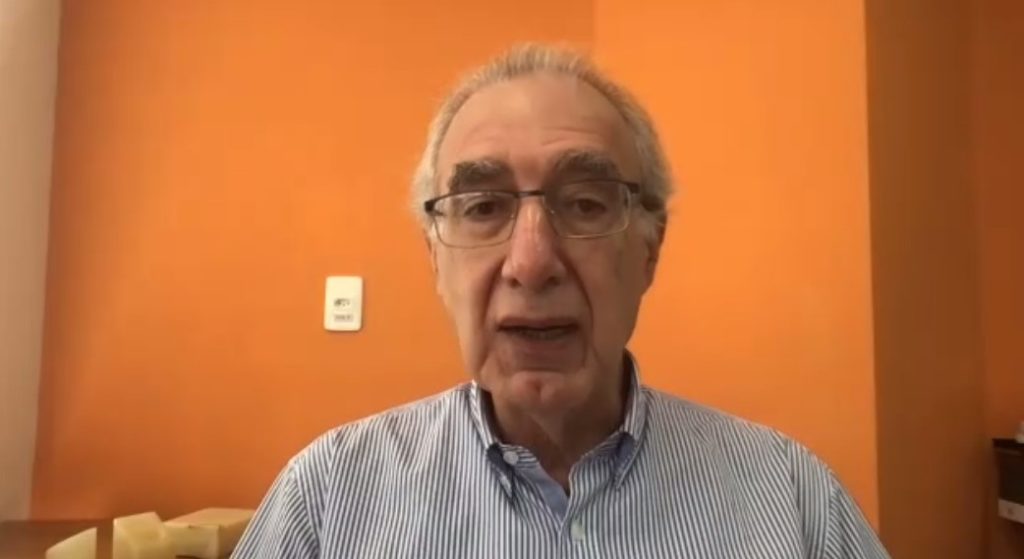São Paulo – Ethical consumption, based on environmentally and socioeconomically conscious production, was already driving the Islamic world even before ESG became a recognized standard in the Western world. So said the former president of the Arab Brazilian Chamber of Commerce (ABCC), Rubens Hannun (pictured above), during the course “The Islamic World – Opportunities and Challenges for Brazilian Agribusiness in a Post-Pandemic Scenario.”
The inaugural class of the course was held this Thursday (17) and addressed the cultural, behavioral, and market intelligence aspects of the Muslim community. “The ethical consumption that we see around the world today, the Arab countries already prioritized it. [These nations were looking for] companies that had been building governance for a long time, and they ranked supplier countries using ESG criteria. So, halal, for example, comes in there,” explained Hannun, mentioning the certification that guarantees a product is allowed for Muslims.
Focusing on consumer trends among Muslims, Hannun recalled the precepts of religion anticipated environmental, social, and corporate governance (ESG) metrics. Other topics highlighted by the executive were the increase in digital connectivity in the Arab countries and opportunities in the food sector, a significant market in Islamic countries. “This sector captures more than half the expenditures of the Islamic population,” stressed the executive.
Present at the event’s opening, the president at the ABCC, Osmar Chohfi, recalled the ties between Brazilian companies and Arab nations in the food sector. “During the entire pandemic, Brazil, in an exemplary and compassionate way, maintained the supply of food to the Arab countries in the Islamic world,” he pondered. The diplomat also recalled that although there is an Arab movement to reduce dependence on food imports, there are also opportunities for partnerships, such as Minerva’s slaughterhouse in Saudi Arabia.
Besides Hannun, Ali Hussein El Zoghbi, vice president of the Federation of Muslim Associations of Brazil (FAMBRAS), also lectured in this first module. El Zoghbi brought information about the Muslim religion and the importance of this community for the development of civilization. “The Arabs and Islam opened the doors to knowledge of what we now call the Western world. We are here to show with transparency what true Islam is, what should even be called salam, meaning peace,” he pointed out.
Brazil’s minister of Agriculture, Livestock, and Food Supply, Tereza Cristina, also attended the event’s opening and discussed the importance of the Islamic community for Brazilian companies, which have a long-term relationship. João Martins, president of the Brazilian Confederation of Agriculture and Livestock (CNA), also spoke at the opening and stressed that Brazil is a country open to the world and its ethnic diversity and, for this reason, conquered the Islamic world, especially the Arab countries.
Also participating in the virtual event were the director of International Relations at CNA, Ligia Dutra, and the director of Institutional Relations at Fambras Halal, Delduque Martins. The course is in Portuguese and is hosted by CNA in partnership with FAMBRAS. The event schedule continues on June 24, July 1, and 8, with lecturers from different sectors. Registration is free.
Quick facts:
The Islamic World – Opportunities and challenges for Brazilian agribusiness in a post-pandemic scenario [O Mundo Islâmico – Oportunidades e Desafios para o agronegócio brasileiro em um cenário Pós-Pandemia]
Until July 8
Every Thursday from 9:00 am to 11:00 am
Open for registration
Free
Translated by Elúsio Brasileiro








